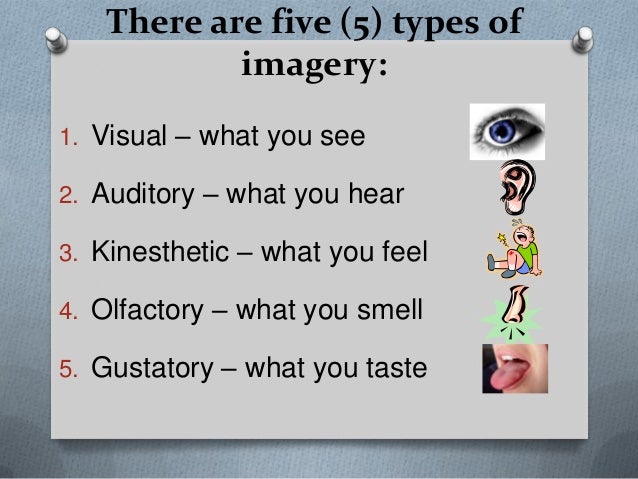August 22, 2019
Standards:
CCSS.ELA-LITERACY.RL.9-10.4
Determine the meaning of words and phrases as they are used in the text, including figurative and connotative meanings; analyze the cumulative impact of specific word choices on meaning and tone (e.g., how the language evokes a sense of time and place; how it sets a formal or informal tone).
Determine the meaning of words and phrases as they are used in the text, including figurative and connotative meanings; analyze the cumulative impact of specific word choices on meaning and tone (e.g., how the language evokes a sense of time and place; how it sets a formal or informal tone).
W.9-10.3 Write narratives to develop real or imagined experiences or events using effective technique, well-chosen details, and well-structured event sequences.
W.9-10.1 Write arguments to support claims in an analysis of substantive topics or texts, using valid reasoning and relevant and sufficient evidence.
Obj: I can create narratives using figurative language.
I can write arguments to support claims about the big idea.
Starter:
Save the Last Word For Me
Divide the students into groups of three, labeling one student A, one B, and the other C in each group. Invite the A students to read one of their chosen quotations to their group. Then students B and C discuss the quotation. What do they think it means? Why do they think these words might be important? To whom? After several minutes, ask the A students to read the back of their card (or to explain why they picked the quotation), thus having “the last word.” This process continues with the B students sharing and then the C students.
Vocabulary:
Word: Imagery
Part of Speech: Noun
Dictionary Definition: visually descriptive or figurative language, especially in a literary work.
Your Definition:
Activity: Create your own example of imagery.

Activity:
1. TPEQEA Prompt
In a TPEQEA paragraph, respond to the prompt:
How does environment shape identity in House on Mango Street?
Make sure to support your ideas with textual evidence.
Your evidence may come from any part of the book.
A rough draft is due tomorrow, August 23, for peer editing.
2. End of House on Mango Street
As a class, we will read pages 99-110.
Discussion Questions
What does Sally do that makes Esperanza so angry? From whom is she trying to save her? What eventually happens to Sally? How does Esperanza feel about her marriage?
What kind of future do the three sisters predict for her? What is the responsibility they place on her?
Might there be any relation between "breaking" grammar and breaking out of Mango Street?
How is language used to create meaning and evoke emotion?
3. Socratic Seminar Preparation
TOPIC
Evaluate how environment shapes identity.
Use the book and articles to develop talking points and questions!
Articles

Questions
You must write a question for each type listed below
Socratic Seminar Question-Writing
WORLD CONNECTION QUESTION:
Write a question connecting the text to the real world.
Example: If you were given only 24 hours to pack your most precious belongings in a back pack and to get ready to leave your home town, what might you pack? (After reading the first 30 pages of NIGHT).
OPEN-ENDED QUESTION:
Write an insightful question about the text that will require proof and group discussion and "construction of logic" to discover or explore the answer to the question.
Example: How does the story represent the experience of women in the post-Civil War South? (From “A Rose for Emily” by Faulkner
“AND IT MAKES ME WONDER” QUESTION:
Anything you want so long as it’s interesting. Not plot-based boring stuff, but something cool and relevant.
Example: After reading A Tale of Two Cities-I found myself uncomfortably comfortable with Madam Defarge’s need for revenge. I know it hurt the Darnay’s and that it was unjust, but I understood why she did it and can totally understand why she does what she does. Did you guys ever find yourselves feeling sympathetic for a character or cause within the novel that you feel like you shouldn’t have?
Closure:
Reflect on your paragraph.
Give yourself a plus (strength) and a delta (area of improvement).
No comments:
Post a Comment